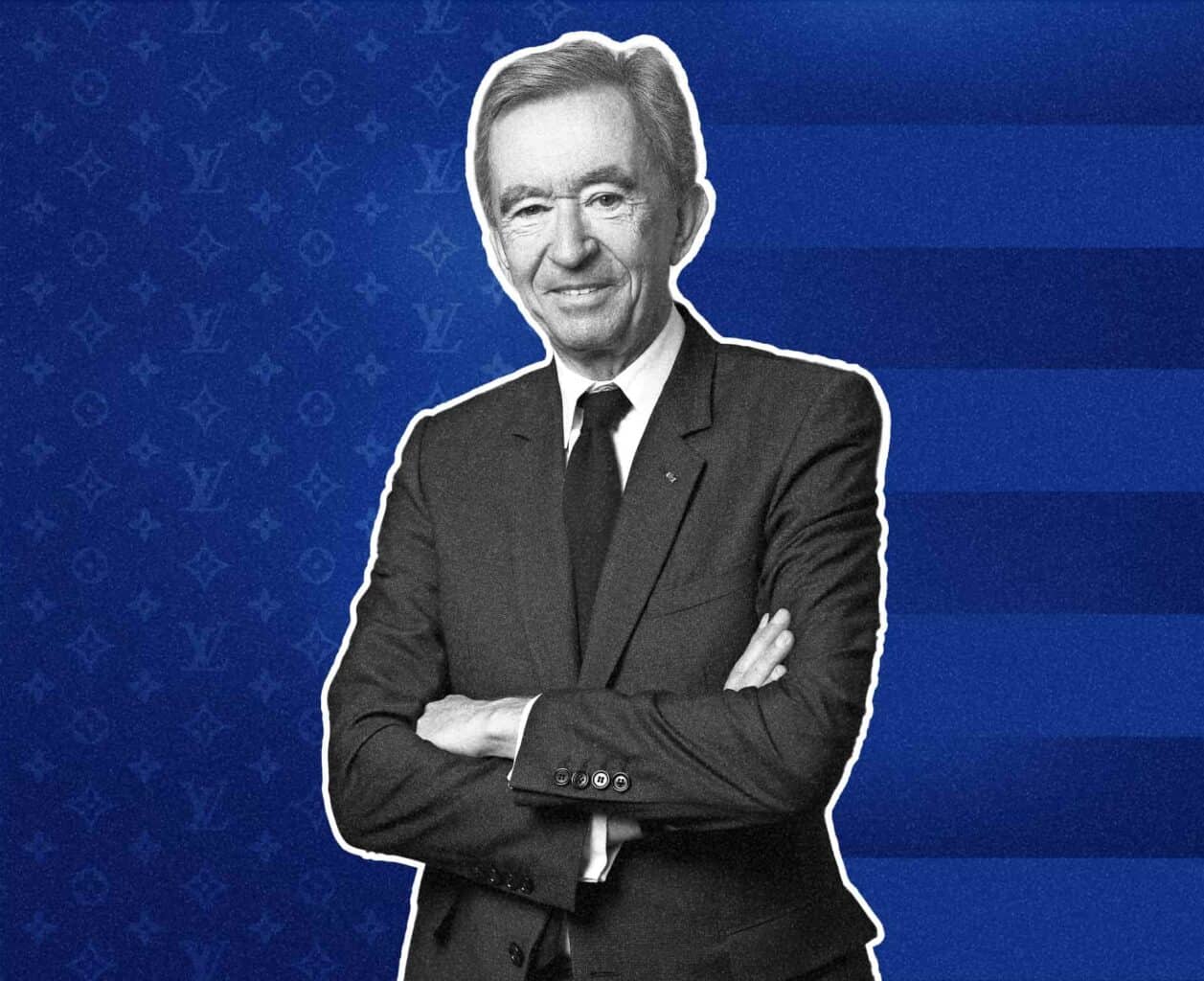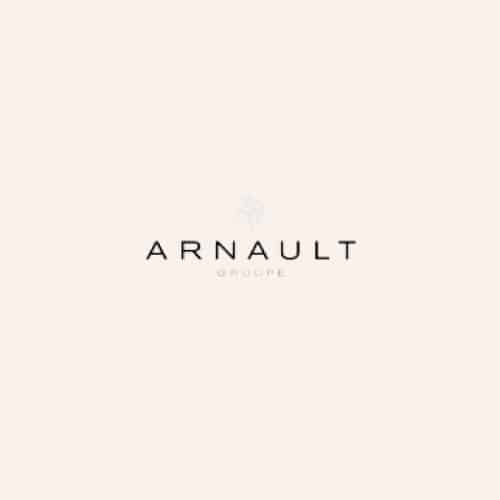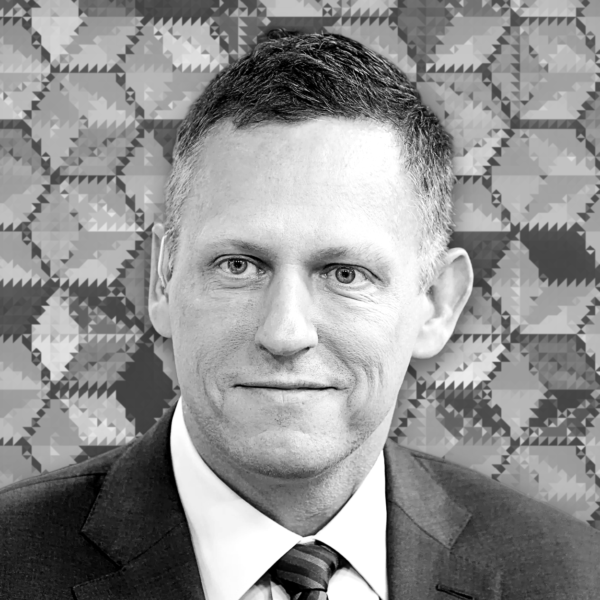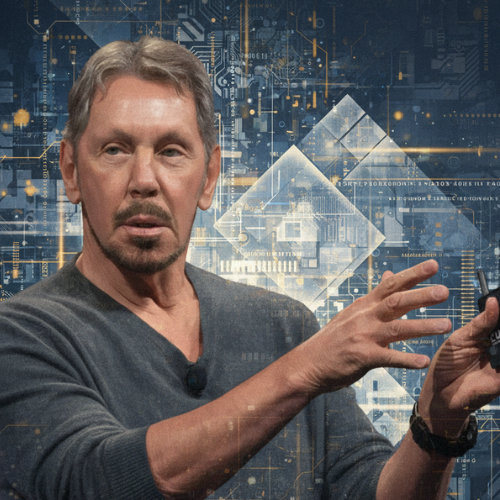
How Bernard Arnault’s next-generation focus sets his family office apart
The figurehead of the family-owned business empire, LVMH (Moët Hennessy Louis Vuitton), Bernard Arnault is a French business mogul, avid investor, and art collector. As of March 2025, Bernard Arnault has an estimated net worth of $186.4 billion, ranking him as the fifth richest person in the world, according to Forbes. This reflects the dynamic nature of global wealth rankings, particularly among major players in tech and luxury.

Under Arnault’s leadership, LVMH has become the world’s largest luxury group through strategic acquisitions of iconic brands including Christian Dior, Givenchy, Bulgari, Dom Pérignon, and most notably, the $15.8 billion purchase of Tiffany & Co. in 2021 — the largest acquisition in the luxury sector's history.
About the Company

Groupe Arnault
- Location Paris, France
- Type Principal investment firm
- Founded 1978
Early Life and Professional Beginnings
Bernard Jean Étienne Arnault was born on March 5, 1949 in Roubaix, France to Marie-Josèphe Savinel and Jean Léon Arnault, the owner of the civil engineering firm Ferret-Savinel. He completed his primary and secondary education at Lycée Maxence Van Der Meersch in Roubaix and the Lycée Faidherbe in Lille. He completed his undergraduate studies at one of France’s leading engineering schools, École Polytechnique, graduating in 1971.
After graduating from École Polytechnique, Arnault joined his father’s company, Ferret-Savinel. He persuaded his father to pivot from industrial construction to real estate, focusing on holiday accommodation, and later rebranded the company as Férinel Inc. This early move signalled his talent for strategic transformation and calculated risk-taking. However, in 1984, with the help of Antoine Bernheim, a senior partner at Lazard Frères and Co., raised $80 million that was required for the purchase of the bankrupt French textile conglomerate Boussac Saint-Frères, which happened to own Christian Dior. After a slew of layoffs and restructuring at Boussac, by 1987 Arnault had made the company profitable again with revenues surpassing $112 million.
The Rise of the ‘Wolf in Cashmere’
LVMH was created in 1987 through the merger of Moët Hennessy and Louis Vuitton. Arnault entered shortly after, acquiring a major stake and gradually consolidating control by 1989. Arnault’s calculated takeover of LVMH laid the foundation for what would become the world’s most powerful luxury conglomerate. By 1989, he had secured 43.5% of LVMH’s shares and 35% of its voting rights. That same year, he successfully ousted co-founder Henri Racamier and was unanimously appointed chairman and CEO.
Following his ascent, Arnault launched a period of rapid expansion, acquiring iconic fashion and beauty houses including Céline, Christian Lacroix, Berluti, Kenzo, Guerlain, Loewe, Marc Jacobs, and Sephora between 1988 and 1997. These moves fuelled a surge in LVMH’s profits, which grew from $508 million in 1990 to $665.8 million by the end of the decade, earning Arnault the title of the richest man in fashion by 1999.
Between 1998 and 1991, Arnault also invested in several web-based companies including Boo.com, Libertysurf, Zebank, and Netflix. In 1999, he had also bought out a 34.4 % stake in Gucci which the latter termed as a ‘creeping takeover’. However, after a legal ruling in 2001, LVMH sold off their shares with a $700 million profit.
By 2007, Arnault began expanding into other industries, buying out a 10.69% stake in Carrefour, France’s largest supermarket retailer. Next in line was Princess Yachts and Royal van Lent in 2008. In 2011, LVMH acquired the Italian jeweller Bulgari, in a deal worth $5.2 billion. He also established his private equity firm LCapitalAsia in the same year. In 2014, he bought a 45% minority stake in Marco De Vincenzo and by 2017, he integrated the entire Christian Dior product line into the LVMH fold. By the end of the year, LVMH recorded revenues of over €42 billion. Consequently, in December 2019, Arnault became the richest person in the world for the first time, albeit only for a few hours.
In 2020, after becoming the world’s richest person again in January, Arnault saw his wealth shrink by nearly $30 billion after LVMH’s shares plummeted by 19 % due to the COVID-19 pandemic. However, in August 2021, his net worth surged back up to $198 billion after the markets opened back up and LVMH’s products exploded in popularity in the Asian markets.
In addition to Arnault’s business ambitions, he is also a connoisseur of art and owns several works of Picasso, Yves Klein, and Henry Moore. He established LVMH as one of the biggest patrons of art in France and was also instrumental in establishing the Louis Vuitton Foundation in Paris, a cultural centre dedicated towards the creation and preservation of contemporary art.
His Family Office and Grooming the Next Generation
With a kingdom of over $180 billion at stake, Bernard Arnault has long focused on grooming his five children to steward the LVMH empire. Rather than favouring ceremonial roles, he has strategically placed them in key executive positions across the group’s portfolio of iconic brands — ensuring both continuity and competence in leadership. Delphine Arnault, his only daughter, became CEO of Christian Dior in February 2023, following her role as Executive Vice President at Louis Vuitton. Antoine Arnault serves as CEO of Berluti and head of image and communication at LVMH. Alexandre Arnault is Executive Vice President at Tiffany & Co., while Frédéric Arnault leads TAG Heuer as CEO. The youngest, Jean Arnault, was appointed Director of Watches at Louis Vuitton. Together, they represent the next generation of leadership, actively shaping the future of luxury under their father’s guidance.
The Groupe Arnault family office is the entity through which the family controls its investments and activities. Founded in 1978, it is structured as a single family office that is responsible for the strategic management of the family’s investments and is responsible for making sure the family’s wealth is used to its full potential.
Groupe Arnault focuses primarily on venture capital investments in tech companies and also works to ensure that the family’s philanthropic activities are carried out in the most effective manner. The family office has built a diversified portfolio of over 41 investments, with the most recent ones being a Series A round of Open, and Series C of Ledger in 2021. The firm has also made 18 exits with the most notable ones being Netflix, Spotify, Airbnb, and Slack.
In addition to its venture capital ventures, Groupe Arnault is also responsible for the successful transition of the business to the next generation of family members, who are expected to be educated in the family business and groomed to take over the family’s legacy eventually. With Bernard Arnault’s knowledge and guidance, they can become successful businesspeople and ensure that the family’s legacy lives on.
Further Reading

Peter Thiel’s capital stack: A contrarian view for family offices
InvestmentsPeter Thiel is one of Silicon Valley’s most influential and polarising figures. A billionaire investor, PayPal co-founder, and early Facebook backer, he is also the driving force behind Palantir and Founders Fund. Known for his contrarian worldview and libertarian ideology, Thiel has built a layered approach to managing his wealth. His method blends operating companies, […]

From fragmentation to focus: A $200M portfolio transformation
Technology StacksA UK-based multi-generational single-family office managing over $200 million faced challenges managing its complex portfolio spread across multiple continents and assets. As their sophisticated investments exceeded the limits of their operational infrastructure, they partnered with IQ-EQ to develop a tailored solution. This case study outlines how IQ-EQ helped them shift from a reactive to a […]

The hidden drains on family office portfolios and how to stop them
Listed Stocks & BondsWhen Greenlock started working with funds, a single-family office client asked them to audit their structure. At first, everything looked standard — until they stumbled upon a curious share class. The minimum investment was just $10k, designed for plain-vanilla retail investors with the highest regulatory protection and enormous embedded retrocessions. Clearly, it was not a […]

Larry Ellison: The unconventional billionaire and his family office
LeadershipLawrence Joseph Ellison is one of the world’s most enigmatic billionaires. As a two-time college dropout and a personal friend of the late Steve Jobs and Elon Musk, he has built a reputation for his bold, unconventional approaches to business and lifestyle. As the founder and former CEO of Oracle Corporation, he has chartered a […]